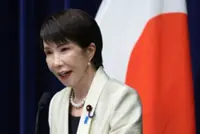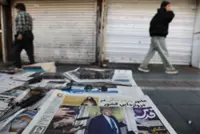TODAY in Malaysia, two public service positions are always closely watched: the Inspector-General of Police (IGP) and the Chief Commissioner of the Malaysian Anti-Corruption Commission (MACC). Both positions come with huge responsibilities and high expectations, are stressful and among the toughest jobs in the public service.
Datuk Seri Acryl Sani Abdullah Sani was appointed as the new IGP on May 5, 2021. He became the 13th IGP, taking over the post from Tan Sri Abdul Hamid Bador, who served since May 2019.





